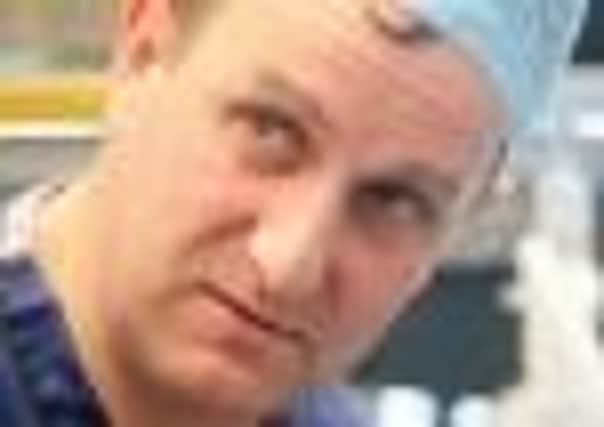Top Yorkshire surgeon wins bowel cancer research grant


David Jayne, of Leeds University and a surgeon in the city’s hospitals, is one of eight of the UK’s most promising leaders in health research to be awarded a prestigious National Institute for Health Research (NIHR) professorship.
His research will focus on enhancing treatment of the cancer through improving surgical techniques, including robotics, biosensors and fluorescence-guided surgery, bringing the latest advances from “theory to theatre”.
Advertisement
Hide AdAdvertisement
Hide AdAmong Professor Jayne’s existing work is as chief investigator on a £1.2m international trial based in Leeds to compare using robots in surgery for rectal cancer with conventional keyhole techniques.
Prof David Cottrell, dean of the school of medicine at Leeds, said: “This award builds on the long track record that we have here in Leeds for academic surgery and for ‘translational research’, taking scientific advances and turning them into treatments for the benefit of patients and healthcare providers.”
Health Minister Anne Milton said the awards would help make sure new ideas “made the leap from the bench to the bedside”.
“We want to see medical research advance and to do that it is essential that we nurture the very best researchers to the benefit of NHS patients,” she added.
Advertisement
Hide AdAdvertisement
Hide AdThe eight were selected by an international panel of independent experts.
Chief medical officer Prof Dame Sally Davies, who is also chief scientific advisor at the Department of Health, said: “Each one of these professors already has an impressive track record and I look forward to working with them in the future and seeing them flourish.
“They will provide much-needed research leadership in their chosen field and help us build more capacity and capability within the NIHR in very important areas.
“Our original intention was to appoint only five new research professors but the international expert panel found the quality of applications so high that they advised eight awards should be made.”
Advertisement
Hide AdAdvertisement
Hide AdOther awards went to experts whose research includes work with soldiers and civilians to minimise the long-term impact of head injuries on the brain, improving care for pregnant women and babies with life-threatening illnesses and preventing blindness in retinal diseases using gene and cell therapies.